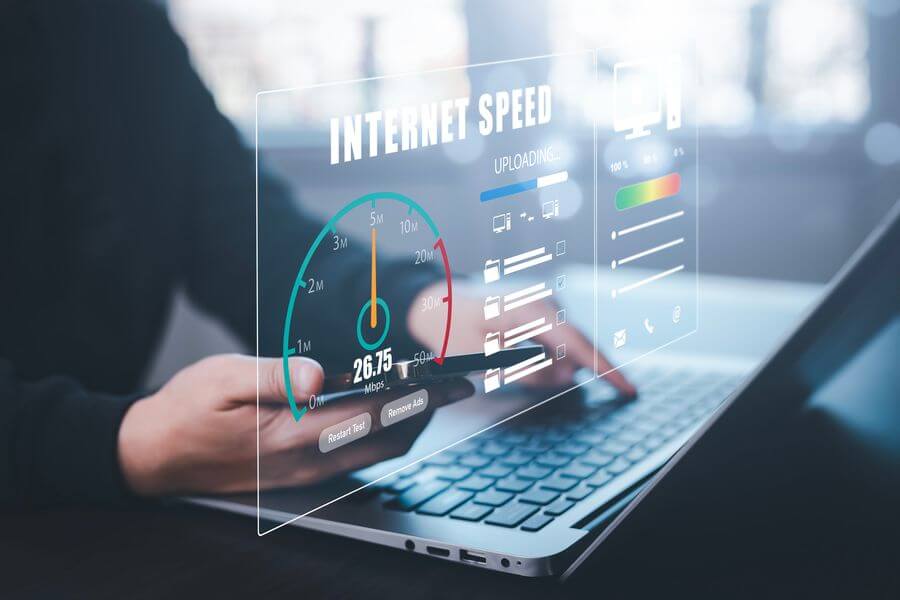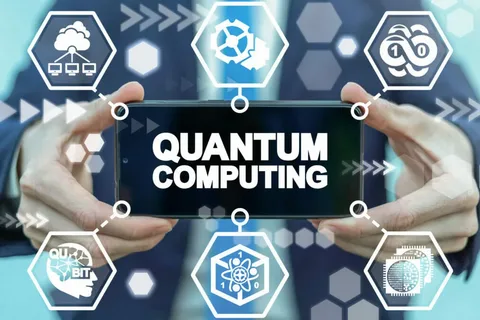
In the new-age digital world of 2025, cybersecurity has never been more important than it is now. With the advancement of technology and enhanced connectivity around the world, the global population, businesses, and governments are exposed to unprecedented threats in the virtual space.
From AI-powered cyberattacks to such highly sophisticated phishing attacks and ransomware attacks, the digital globe is no longer a convenience and innovation-driven world it’s a war space where data, identity, money, and even the nation’s security are constantly under siege. One of the main reasons cybersecurity is so important in 2025 is because of the volume of data generated per second.
With the proliferation of Internet of Things (IoT) devices, 5G networks, cloud computing, smart homes, digital banking, and remote offices, the digital footprint of every individual and organization has increased manyfold. This massive explosion of data, though convenient, has also become a highly coveted target for cyberattacks.
Hackers now use machine learning, AI algorithms, and deepfake technologies to conduct sophisticated attacks that are hard to detect and defend. Cybercriminals in 2025 are not lone wolves; they are syndicates that operate together, share tools, and even rent malware as a service to other groups. This cybercrime commoditization has raised the stakes, and conventional security solutions are no longer sufficient.
Organizations cannot rely on firewalls or antivirus solutions any longer. Cybersecurity today requires a multi-layered solution based on real-time threat detection, behavior analysis, end-user training, and zero-trust architecture. Another high-priority concern is the increase in critical infrastructure attacks. Power grids, water supply systems, hospitals, transport networks, and supply chains are all digitally networked.
We have witnessed such cyberattacks on oil pipelines, airports, and public health infrastructure in the recent past. By 2025, the threat to critical infrastructure is no longer a hypothetical situation it is real and imminent.
Governments everywhere are making national cybersecurity a top agenda, allocating billions in budget to secure not just their networks but also build resilience to any cyber warfare. Meanwhile, individuals are increasingly vulnerable due to their overreliance on digital platforms.
Personal data are stored online in record numbers than ever before, from medical records and financial data to social media interactions and biometric data. In the wrong hands, this data will lead to identity theft, money loss, emotional distress, and long-term harm.
Furthermore, as telecommuting is still the norm, many employees use company information from home networks, which are less secure, making it more susceptible to data breaches. Enterprises, especially small and medium enterprises (SMEs), are frequently targeted as they typically lack advanced cybersecurity capabilities.
A single successful ransomware attack can cripple a company, leading to loss of data, reputational damage, legal issues, and financial loss. In 2025, customers demand assurance that their data are secure, and businesses that fail to prioritize cybersecurity risk losing the public’s trust. Regulating bodies everywhere have also updated their data privacy regulations, such as the GDPR in the EU or Pakistan’s Personal Data Protection Bill, requiring business entities to have robust cybersecurity measures or face huge fines.
Another major reason why cybersecurity is crucial today is the growing use of artificial intelligence. While AI is a force for good that enables detection and response to threats quicker, AI is also used by hackers to automate attacks, bypass defenses, and impersonate legitimate users or systems.
Deepfake technology, for instance, can synthesize realistic audio and video impersonations of CEOs or government officials, and hence social engineering attacks are more persuasive. Defense against such sophisticated threats needs not only technology but also user consciousness and regular cybersecurity training.
Conclusion
Simply stated, cybersecurity in 2025 is not an option it’s a must. As we move further towards the digital world, the threats multiply with the advantages of technology. Whether it is protecting personal identities, protecting commercial transactions, protecting national infrastructure, or confirming trust in digital systems, cybersecurity is the building block on which a secure digital world must be built.
Avoidance is no longer an option. Active investment, global cooperation, user education, and innovation are the areas on which a secure 2025 must be built. In this interdependent world, cybersecurity is not just a technical issue it’s a critical imperative for stability, progress, and trust.







